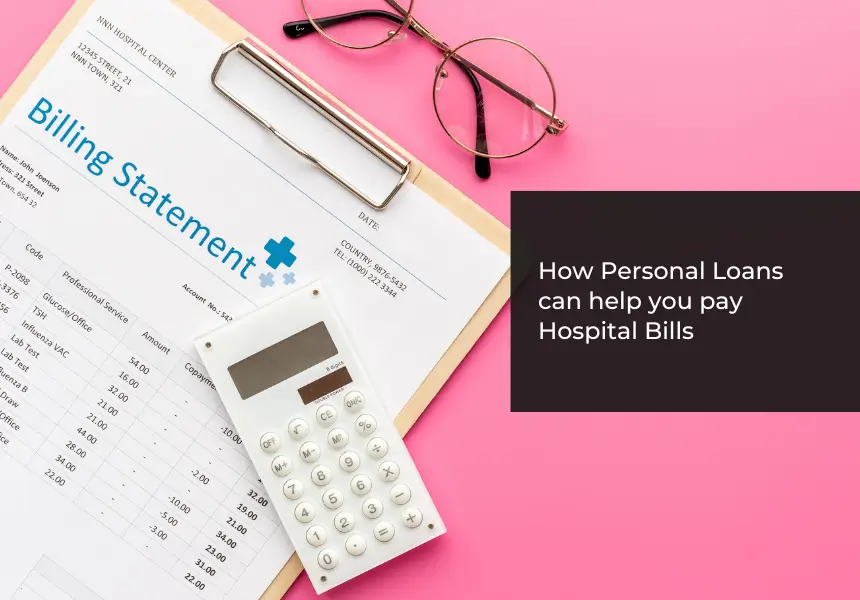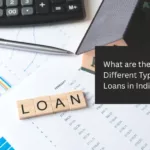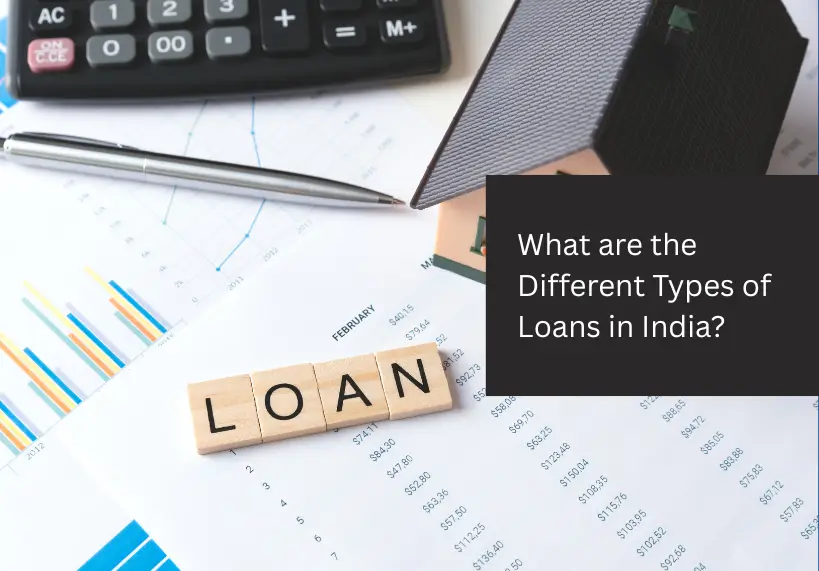
For many people and their families financial security becomes a concern during unexpected medical situations. The costs related to medical emergencies can be quite high and may include unexpected hospital stays, urgent medical procedures, and therapies.
A medical loan can be a very helpful financial tool in these circumstances to lessen the financial strain and guarantee prompt access to medical care. Let’s examine the benefits of personal loan for medical emergencies, how to apply, and what paperwork is needed.
Benefits of Taking a Personal Loan for Medical Emergency
Immediate Financial Assistance
The opportunity to access funds quickly is one of the biggest benefits of choosing a personal loan in the event of an emergency. Personal loans, in contrast to other loans with longer processing periods, usually offer quick approval and disbursals, enabling customers to quickly take care of medical needs.
Flexible Use
Borrowers who apply for personal loans for medical crises can use the money without restriction for a variety of medical costs, including hospital bills, diagnostic tests, operations, prescription fees, and post-treatment care.
No Collateral Requirements
Personal loans are usually unsecured, in contrast to secured loans, which need collateral in the form of real estate or other assets. This makes the loan available to people who might not have many valuable assets to offer as security.
Fixed Repayment Terms
Personal loans have set terms for repayment, which helps borrowers budget effectively. A predetermined repayment schedule with fixed monthly installments can help individuals successfully manage their budget and ensure feasible repayment without any unanticipated changes in repayment amount.
Minimal paperwork
In contrast to other types of loans, personal loans have a comparatively easy and hassle-free documentation process. This speeds up the loan application and approval process, giving consumers quick access to money in an emergency
Competitive Interest Rates
Personal loans for medical emergencies are available from a number of financial organizations at competitive interest rates. Borrowers can lower the total cost of borrowing by evaluating loan offers from several lenders to secure attractive interest rates that correspond with their financial capabilities.
Which Documents are Required for Personal Loan for Medical Emergency?
While the exact documentation may differ based on the lender’s standards and particular circumstances, here are some common documents required to apply for a personal loan for a medical emergency
Identification Proof
Valid identification documents from the government, such as a driver’s license, passport, voter ID card, or Aadhaar card, serve as identification proof.
Address Proof
Records, such as utility bills, rental agreements, or ration cards, attesting to the borrower’s residential address.
Income Proof
To show the borrower’s consistency of income and ability to repay, pay slips, bank statements, or income tax returns are usually required.
Employment Proof
A letter or employment certificate from the borrower’s employer attesting to their employment, status, and job description.
Medical Documents
To support the loan application and demonstrate the need for funds, medical reports, prescriptions, hospital bills, or estimations of medical expenses are acceptable.
Photographs
The borrower’s passport-sized photos for identification verification are required.
Conclusion
A personal loan for medical emergencies can be a lifesaver in cases of unanticipated health issues because it can provide quick financial support without requiring collateral. When faced with emergency medical demands, people can efficiently navigate the borrowing process and obtain funds quickly by being aware of the benefits, application procedure, and required documents.
To prevent becoming trapped in debt, it is imperative to borrow judiciously and repay the loan with diligence. A well-managed personal loan can give the required financial help to put one’s health and well-being first during medical emergencies. You can find all the details and requirements for a personal loan needed for medical emergencies with the help of LoanTap.
FAQs
What is a personal loan for a medical emergency?
Ans: Financial organizations can offer unsecured loans, such as personal loans for medical emergencies, to people who have unexpected medical costs. It provides quick financial support to pay for hospital bills, therapies, operations, and other associated costs.
Can I use a personal loan for medical emergencies to cover non-medical expenses?
Ans: Although the main objective of personal loans is to cover medical expenses, it’s best to use the loan amount sensibly and give medical bills top priority in an emergency.
What happens if I miss a repayment on my personal loan for a medical emergency?
Ans: If you fail to make a repayment, you may incur a fine or late fees, and your credit score may suffer as a result. It’s imperative that you follow the repayment plan and get in touch with the lender to discuss other options if you run into financial difficulties.
Is it possible to prepay or foreclose a personal loan for a medical emergency?
Ans: Yes, a lot of lenders let consumers repay or entirely foreclose on their personal loans before the term expires. It is advisable to inquire about prepayment terms, restrictions, and associated charges prior to obtaining a loan, as these may differ among lenders.
Is there a limit to the loan amount I can avail for a medical emergency?
Ans: The maximum loan amount you are eligible for is determined by a number of variables, including your income, creditworthiness, ability to repay the loan, and lender restrictions. Lenders usually give a minimum and maximum loan amount, and the amount that is ultimately approved depends on a careful evaluation of your financial situation.








